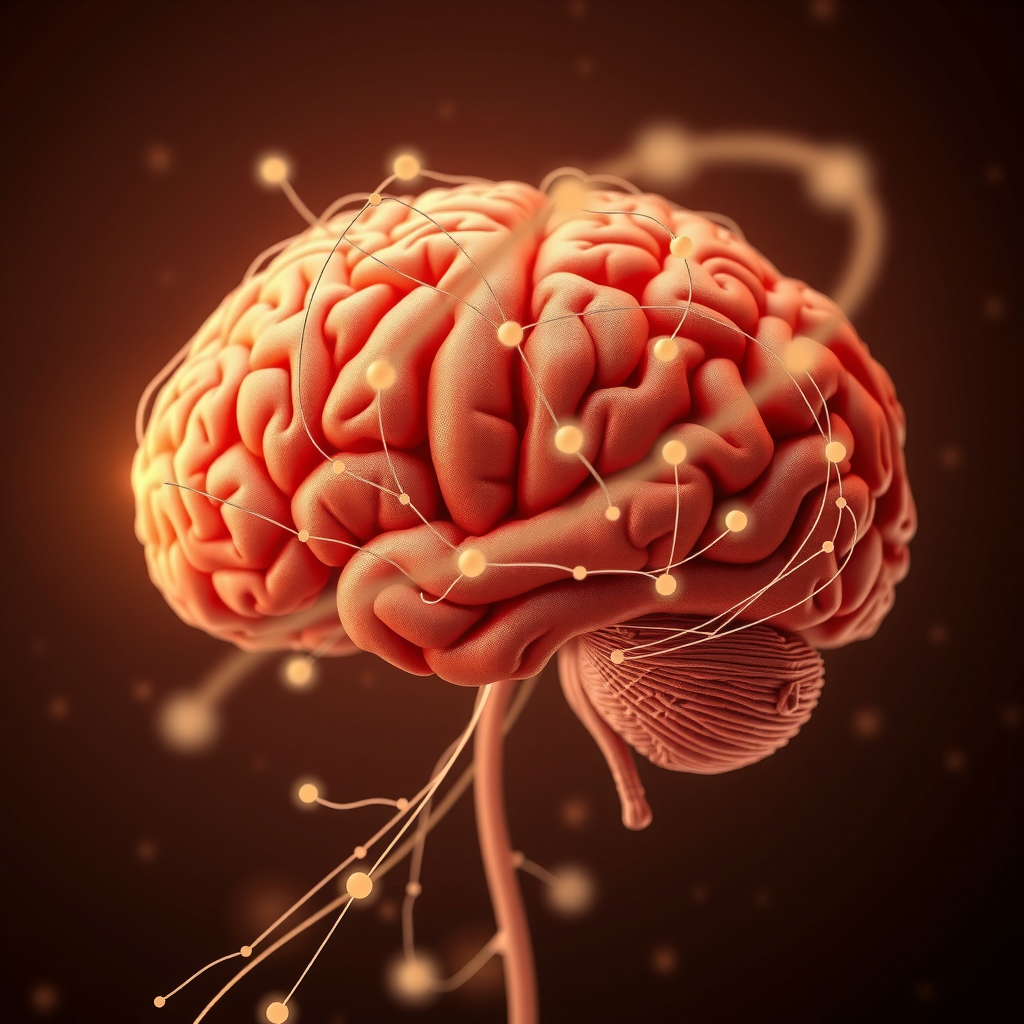Transform Your Mindset with These Life-Changing Reads
Published on October 15, 2024

The right book at the right time can fundamentally reshape how you perceive yourself and the world around you. Whether you're facing professional challenges, personal setbacks, or simply seeking to unlock your full potential, certain books possess the remarkable ability to shift your perspective and catalyze meaningful change.
In this carefully curated collection, we explore transformative reads that bridge cognitive psychology, practical wisdom, and actionable strategies. These aren't just books to read—they're tools for rewiring your thinking patterns and breaking through the mental barriers that hold you back.
Understanding the Growth Mindset
At the foundation of personal transformation lies a simple yet profound concept: the belief that your abilities and intelligence can be developed through dedication and hard work. This growth-oriented perspective stands in stark contrast to a fixed mindset, where people believe their talents are innate and unchangeable.
Books that explore this paradigm shift help readers understand that failure isn't a permanent condition but rather a stepping stone to mastery. They reveal how embracing challenges, persisting through obstacles, and learning from criticism can unlock unprecedented levels of achievement.
The Science Behind Habit Formation

Understanding how habits form and how they can be changed is crucial for anyone seeking lasting transformation. Research in neuroscience and behavioral psychology has revealed that our daily routines are governed by a three-step loop: cue, routine, and reward. By identifying these components, we can systematically redesign our behaviors.
The most impactful books on this subject don't just explain the theory—they provide practical frameworks for implementing change. They teach you how to identify keystone habits that trigger cascading positive effects throughout your life, and how to make desired behaviors inevitable while making unwanted ones difficult.
Small Changes, Remarkable Results
One of the most liberating insights from modern psychology is that massive transformation doesn't require massive action. Instead, tiny improvements, when compounded over time, lead to remarkable results. A mere one percent improvement each day compounds to make you thirty-seven times better over a year.
Books exploring this principle demonstrate how focusing on systems rather than goals, and on identity rather than outcomes, creates sustainable change. They show that the question isn't "What do I want to achieve?" but rather "Who do I want to become?"
Overcoming Cognitive Biases
Our minds are remarkable instruments, but they're also prone to systematic errors in thinking. Cognitive biases—mental shortcuts that often lead us astray—can sabotage our decision-making, relationships, and progress toward our goals. Recognizing these patterns is the first step toward thinking more clearly.
Common Mental Traps to Recognize
- • Confirmation Bias:Seeking information that confirms existing beliefs while ignoring contradictory evidence
- • Sunk Cost Fallacy:Continuing a behavior because of previously invested resources, even when it's no longer beneficial
- • Availability Heuristic:Overestimating the likelihood of events based on how easily examples come to mind
- • Dunning-Kruger Effect:Overestimating one's competence in areas where knowledge is limited
Books that illuminate these cognitive pitfalls equip readers with mental models for clearer thinking. They provide frameworks for making better decisions, evaluating evidence objectively, and avoiding the traps that derail even intelligent, well-intentioned people.
Building Emotional Resilience

Life inevitably brings challenges, setbacks, and disappointments. What separates those who thrive from those who merely survive is emotional resilience—the capacity to adapt to stress, bounce back from adversity, and maintain psychological well-being despite difficulties.
Transformative books in this domain draw from positive psychology, mindfulness practices, and therapeutic techniques to teach readers how to regulate emotions, reframe negative experiences, and cultivate inner strength. They reveal that resilience isn't an innate trait but a skill that can be developed through intentional practice.
The Power of Perspective
Perhaps the most powerful tool for building resilience is learning to control your perspective. While we can't always control what happens to us, we can control how we interpret and respond to events. This fundamental insight, rooted in ancient philosophy and validated by modern psychology, forms the cornerstone of emotional resilience.
Books exploring this principle teach practical techniques for cognitive reframing, helping readers transform obstacles into opportunities and setbacks into learning experiences. They demonstrate that suffering often stems not from events themselves but from our judgments about those events.
Cultivating Deep Focus in a Distracted World
In an era of constant connectivity and endless distractions, the ability to focus deeply on meaningful work has become increasingly rare—and increasingly valuable. Books addressing this challenge explore how to reclaim your attention, structure your environment for concentration, and develop the capacity for sustained, undistracted effort.
These works reveal that deep work—professional activities performed in a state of distraction-free concentration—produces valuable results and cultivates skills that are difficult to replicate. They provide strategies for minimizing shallow work, batching distractions, and creating rituals that support focused effort.
Strategies for Enhanced Concentration
Implement these evidence-based techniques to strengthen your focus:
Developing Authentic Confidence
True confidence isn't about bravado or pretending to have all the answers. It's a quiet assurance that comes from self-knowledge, competence, and the willingness to be vulnerable. Books that address authentic confidence help readers distinguish between genuine self-assurance and its hollow imitations.
These works explore how confidence is built through action rather than positive thinking alone. They reveal that self-doubt isn't the enemy—it's often a sign that you're pushing beyond your comfort zone and growing. The key is learning to act despite uncertainty, building evidence of your capabilities through repeated small wins.
The Courage to Be Imperfect
Perfectionism masquerades as high standards but often serves as a shield against vulnerability and criticism. Books addressing this challenge help readers embrace imperfection as a necessary component of growth and creativity. They demonstrate that the pursuit of excellence differs fundamentally from the pursuit of perfection.
By learning to separate your worth from your achievements, you free yourself to take risks, experiment, and learn from failure. This shift in perspective transforms mistakes from threats to your identity into valuable data points for improvement.
Creating Meaningful Goals and Systems

Goals provide direction, but systems determine progress. The most transformative books on achievement shift focus from outcome-based goals to process-based systems. They teach that winners and losers often have the same goals—what differentiates them is the quality of their systems.
This paradigm shift has profound implications. Instead of asking "What do I want to achieve?" you learn to ask "What kind of person do I want to become?" and "What systems will support that identity?" This approach makes success inevitable rather than dependent on willpower or motivation.
Aligning Actions with Values
Many people pursue goals that don't align with their core values, leading to achievement without fulfillment. Books exploring this disconnect help readers clarify what truly matters to them and design lives that reflect those priorities. They provide frameworks for making decisions that honor your values rather than external expectations.
This alignment creates a powerful form of motivation that doesn't depend on discipline or willpower. When your daily actions reflect your deepest values, effort feels less like sacrifice and more like self-expression.
The Journey of Continuous Learning
In a rapidly changing world, the ability to learn effectively has become one of the most valuable skills you can develop. Books on learning and skill acquisition reveal that expertise isn't the result of innate talent but rather deliberate practice, effective strategies, and a willingness to embrace discomfort.
These works demystify the learning process, showing that anyone can master complex skills by breaking them into manageable components, seeking immediate feedback, and practicing at the edge of their current abilities. They reveal that the feeling of struggle isn't a sign you're not cut out for something—it's a sign that learning is occurring.
Putting Knowledge into Action
Reading transformative books is valuable, but transformation requires action. The gap between knowing and doing is where most personal development efforts fail. The most impactful books don't just inform—they inspire implementation through practical exercises, clear frameworks, and compelling examples.
As you explore these life-changing reads, approach them not as passive entertainment but as active learning experiences. Take notes, reflect on how concepts apply to your life, and most importantly, experiment with implementing the ideas. Start small, be patient with yourself, and trust that consistent effort compounds into remarkable results.
The journey of personal transformation is ongoing, not a destination to reach. Each book you engage with deeply adds another tool to your mental toolkit, another perspective to your worldview, and another possibility to your future. The question isn't whether these books can change your life—it's whether you're ready to do the work of changing it.
Begin Your Transformation Today
The books that will change your life are waiting. The only question is: are you ready to turn the page?